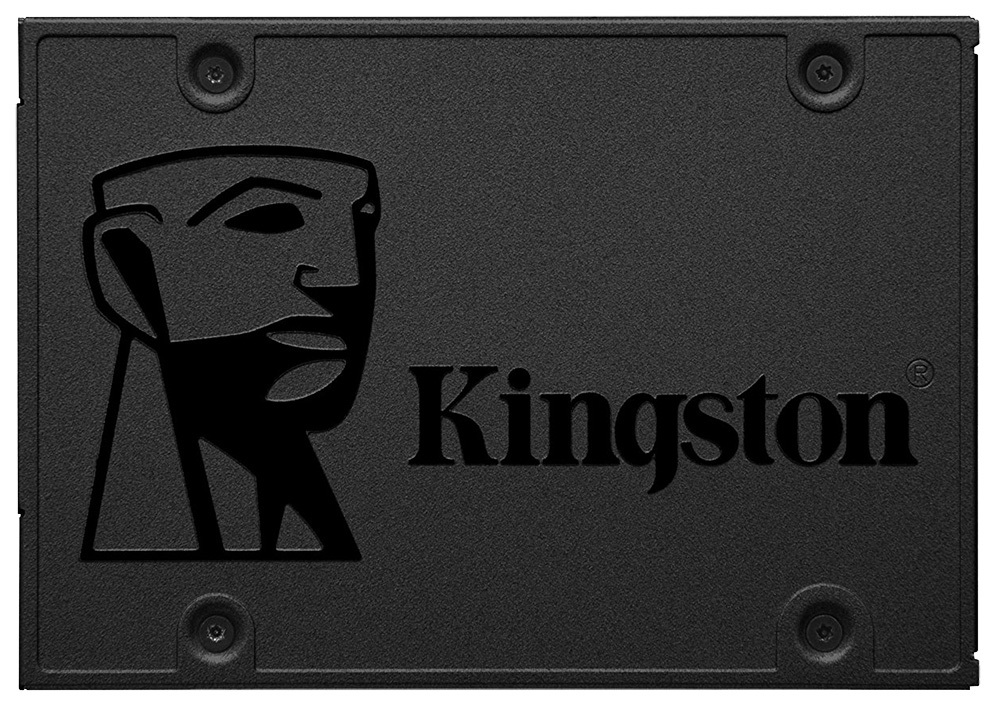I decided to use Userbench just to get an idea of how my PC is doing with the selected parts, then came across the following regarding my SSD:
View: https://imgur.com/3LBu1rc
After the same results on multiple runs I decided to see what CrystalDiskMark thought of this and these were the results:
View: https://imgur.com/KJqOlpW
View: https://imgur.com/9zmHM3V
I used this as a reference and it seems that mine is performing better (then again I read somewhere that the larger variants of this model are slightly faster):

 hddmag.com
hddmag.com
Curiously enough, the UserBench results improve slightly when the program is run from the SSD itself. Should I be concerned? Ithink it may be obvious to some to just trust CrystalDiskMark's results but just wanted to double check. I would also like to know if the results for my HDD are normal as well:
View: https://imgur.com/fWAvYxp
Incase any may be wondering, the reason I am slightly concerned is because I have had some very minor issues with things rendering a bit late in some games. In GTA V, cars sometimes appear in render a bit late. In Dying Light, the same occurs with zombies, where they will load in very late but in this game it is more noticeable. My specs are a 7700K, GTX 1070 G1 Gaming, G.Skill Trident Z 3000MHz, the Kingston A400 240GB SSD of course and the WD Blue 1TB (both drives are new). Both games are installed on the HDD. Windows 10 is installed on the SSD. This does not occur on my other PC which consists of a 4790K, EVGA GTX 1070 FTW, a 1TB WD Blue and 2133Mhz G.Skill Ripjaws X.
View: https://imgur.com/3LBu1rc
After the same results on multiple runs I decided to see what CrystalDiskMark thought of this and these were the results:
View: https://imgur.com/KJqOlpW
View: https://imgur.com/9zmHM3V
I used this as a reference and it seems that mine is performing better (then again I read somewhere that the larger variants of this model are slightly faster):

The Only Kingston A400 Review You'll Ever Need [2021] « HDDMag
The Kingston A400 is a great drive that features one of the best cost-performance ratios on the market, but how does it stand up against other SSDs?
 hddmag.com
hddmag.com
Curiously enough, the UserBench results improve slightly when the program is run from the SSD itself. Should I be concerned? Ithink it may be obvious to some to just trust CrystalDiskMark's results but just wanted to double check. I would also like to know if the results for my HDD are normal as well:
View: https://imgur.com/fWAvYxp
Incase any may be wondering, the reason I am slightly concerned is because I have had some very minor issues with things rendering a bit late in some games. In GTA V, cars sometimes appear in render a bit late. In Dying Light, the same occurs with zombies, where they will load in very late but in this game it is more noticeable. My specs are a 7700K, GTX 1070 G1 Gaming, G.Skill Trident Z 3000MHz, the Kingston A400 240GB SSD of course and the WD Blue 1TB (both drives are new). Both games are installed on the HDD. Windows 10 is installed on the SSD. This does not occur on my other PC which consists of a 4790K, EVGA GTX 1070 FTW, a 1TB WD Blue and 2133Mhz G.Skill Ripjaws X.

